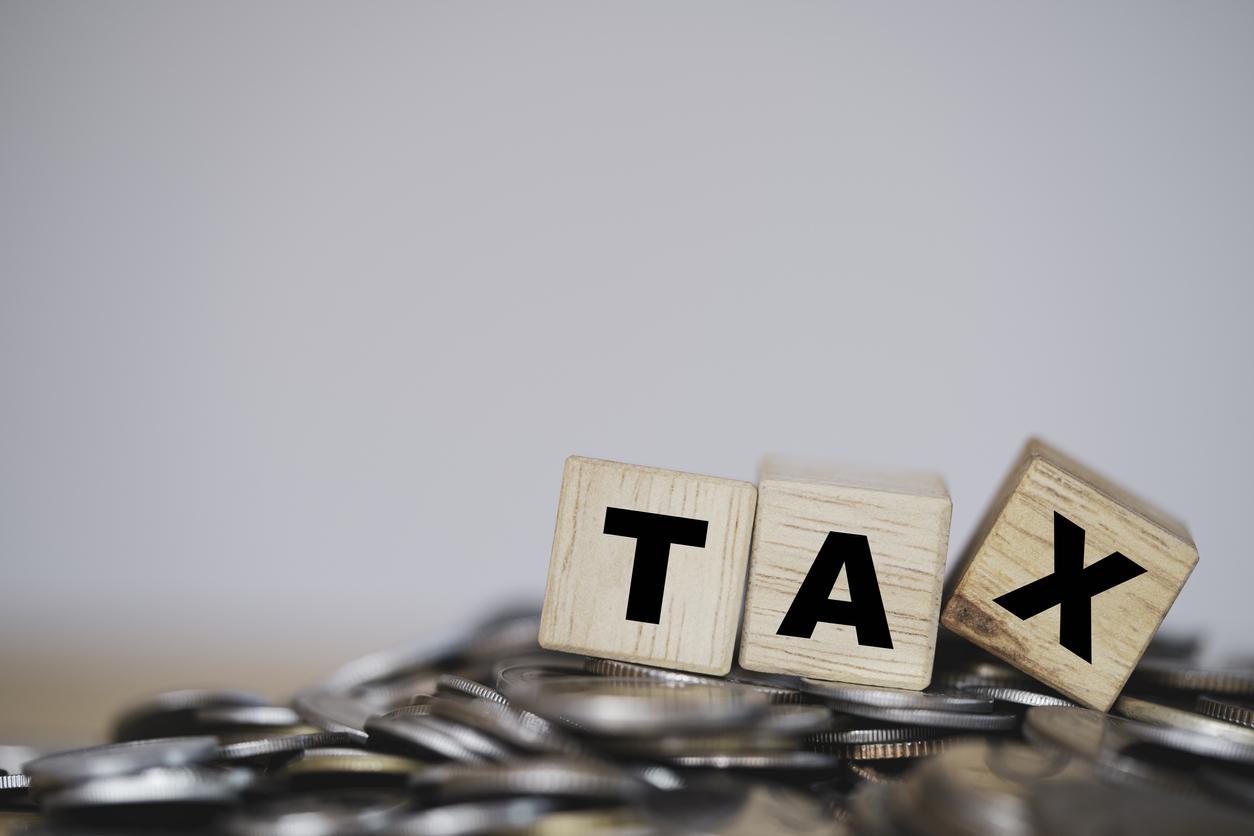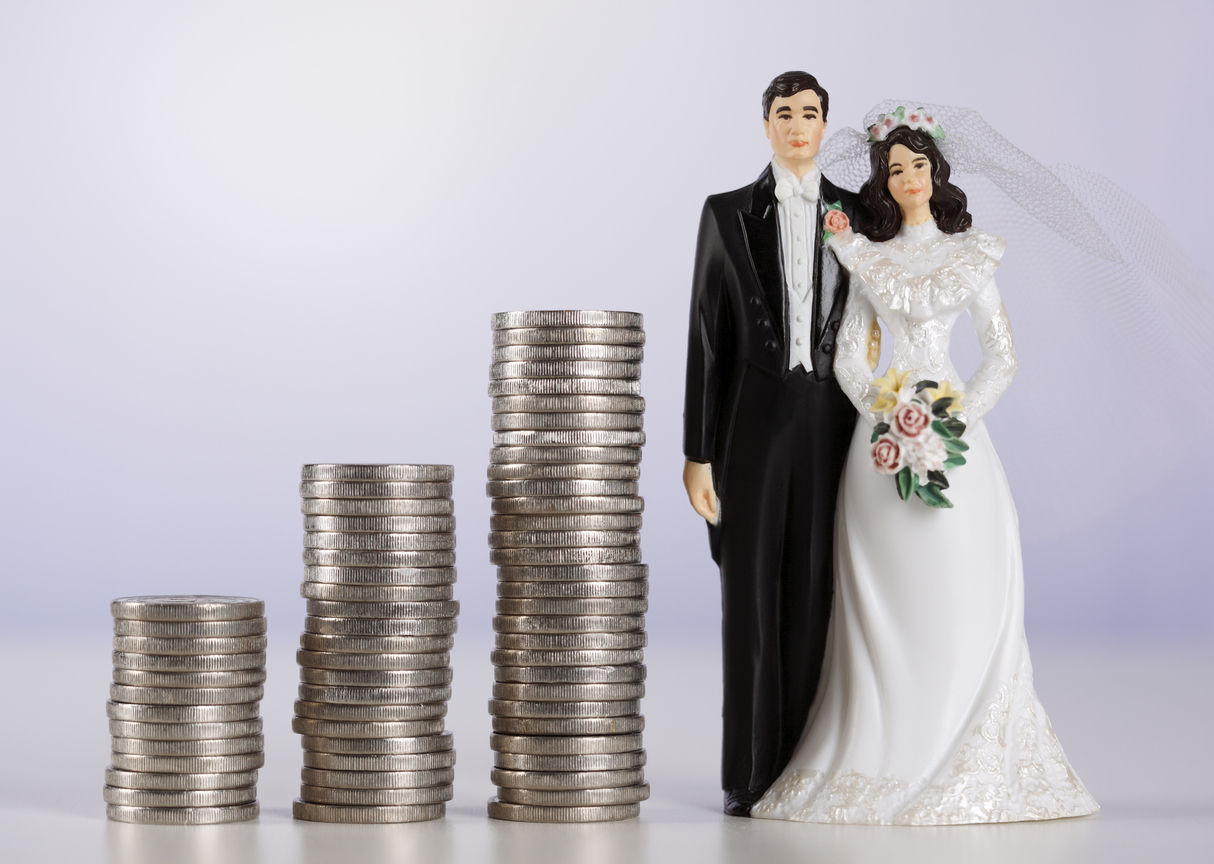
The new Chancellor’s Autumn Statement has increased the tax bill for many investors.
In his Autumn Statement, the Chancellor, Jeremy Hunt, said that in making decisions on tax the government followed a broad principle that “we ask those with more to contribute more”. Investors were clearly placed into this category as Mr Hunt:
- Halved the dividend allowance to £1,000 in 2023/24 and then halved it again to just £500 in the following tax year. The dividend allowance was £5,000 when it was introduced in 2016/17.
- Cut the capital gains tax (CGT) annual exempt amount from £12,300 to £6,000 in 2023/24 and then halved it to £3,000 in the following tax year. One result of this could be that over 200,000 more people will now have to complete a self-assessment tax returns for the first time.
- Froze the personal allowance and UK higher rate threshold for another two tax years (to April 2028).
- Reduced the threshold at which additional rate tax on investment income (and other income, outside Scotland) is charged from £150,000 to £125,140 from 2023/24.
If you are a higher rate taxpayer, then the dividend allowance cuts could cost you £506 a year – assuming you are not pulled into the additional rate – and the CGT cuts up to £1,860 a year.
There are some ways you could mitigate this new investment tax burden:
- Use your available 2022/23 CGT annual exemption to crystallise gains in this tax year so you have fewer gains going forward.
- Maximise your ISA contributions (frozen at £20,000 a tax year until April 2026). As ISA investments are free of both income tax and CGT, you might also want to review whether any cash ISAs you hold would be better switched to stocks and shares ISAs.
- Make the most of independent taxation for married couples and civil partners.
For any guidance on your position and options, please get in touch with one of our experienced advisers here.
The value of investments and the income they produce can fall as well as rise. You may get back less than you invested. Past performance is not a reliable indicator of future performance. Tax treatment varies according to individual circumstances and is subject to change. The Financial Conduct Authority does not regulate tax advice. Investors do not pay any personal tax on income or gains, but ISAs do pay unrecoverable tax on income from stocks and shares received by the ISA managers. Stocks and Shares ISAs invest in corporate bonds; stocks and shares and other assets that fluctuate in value.





